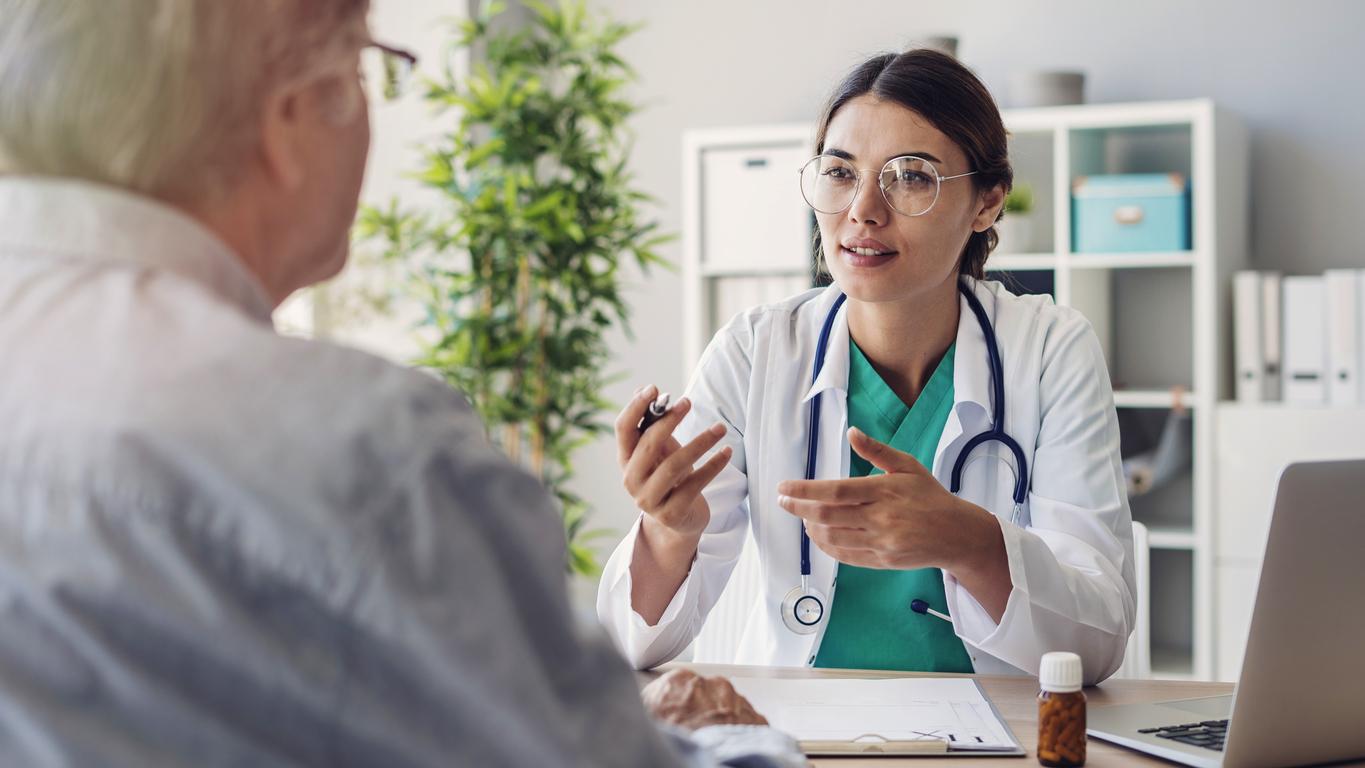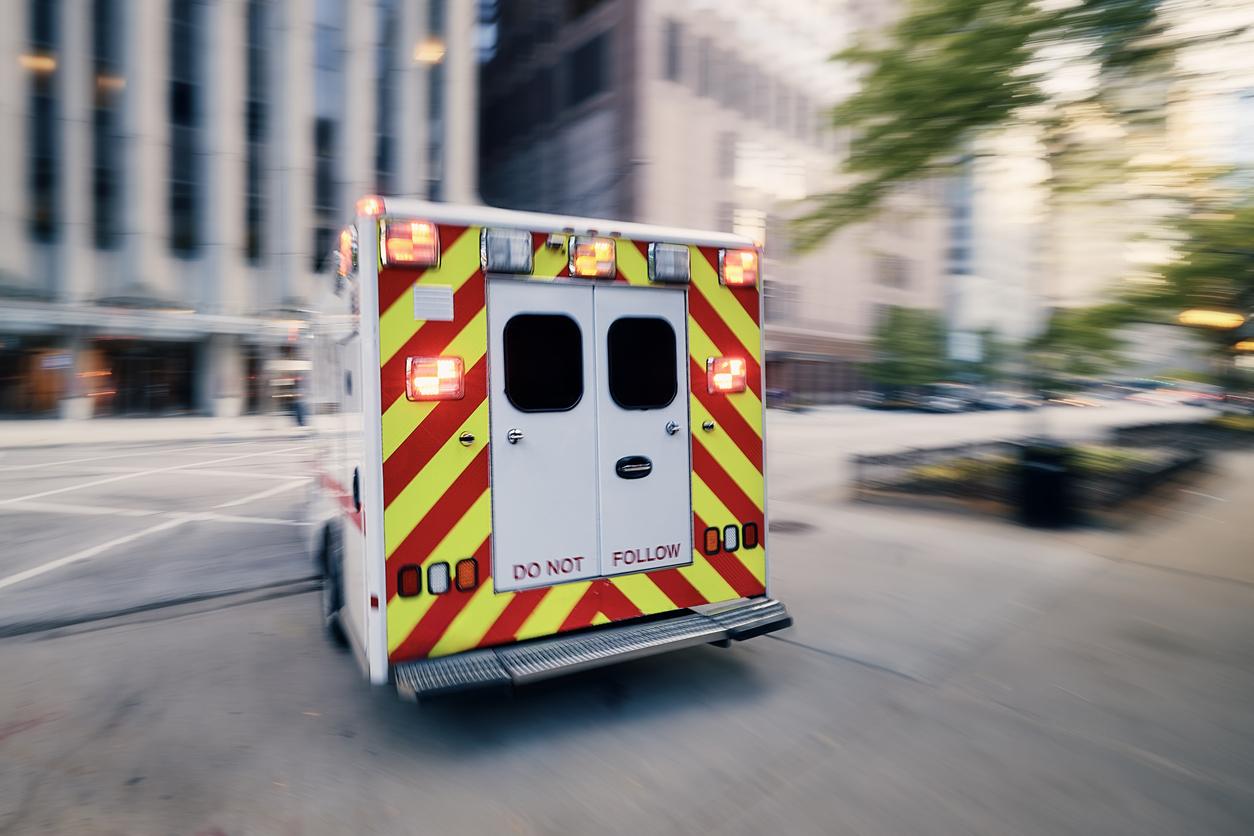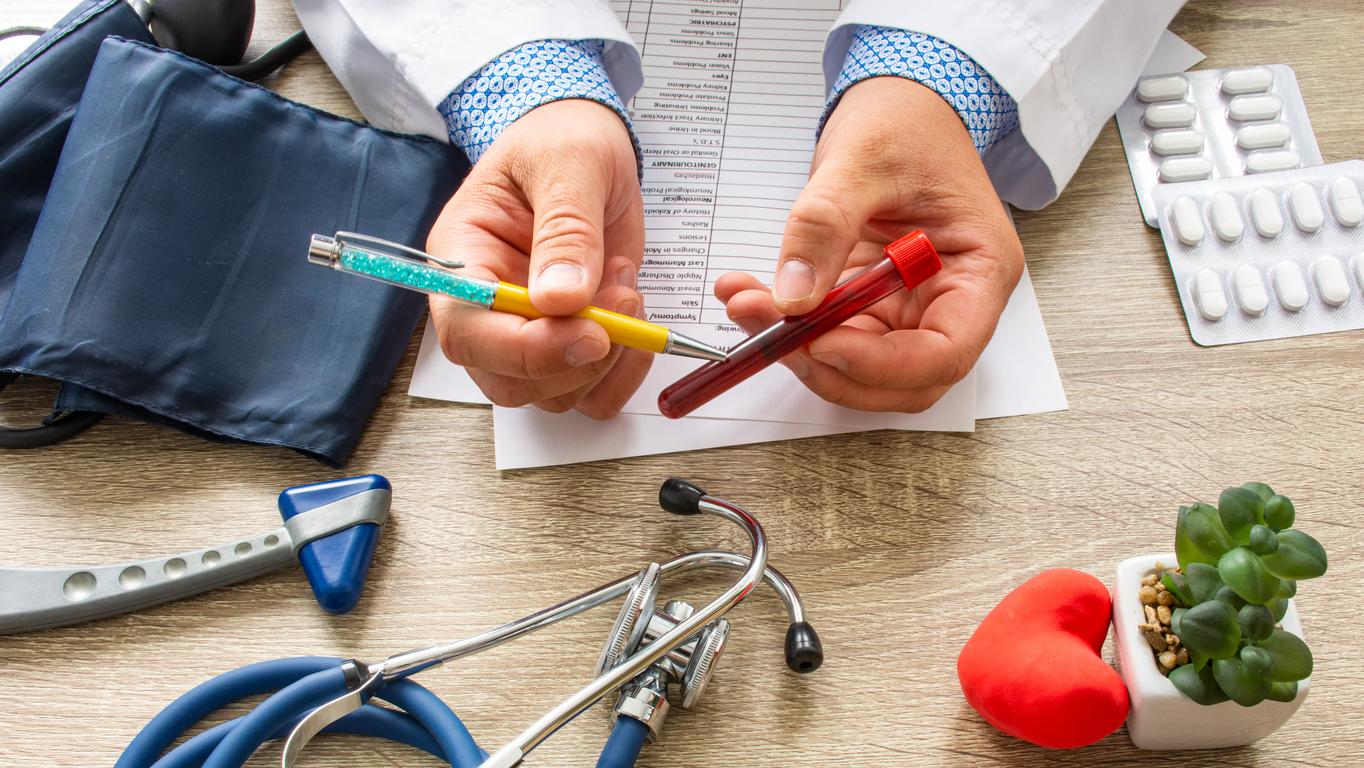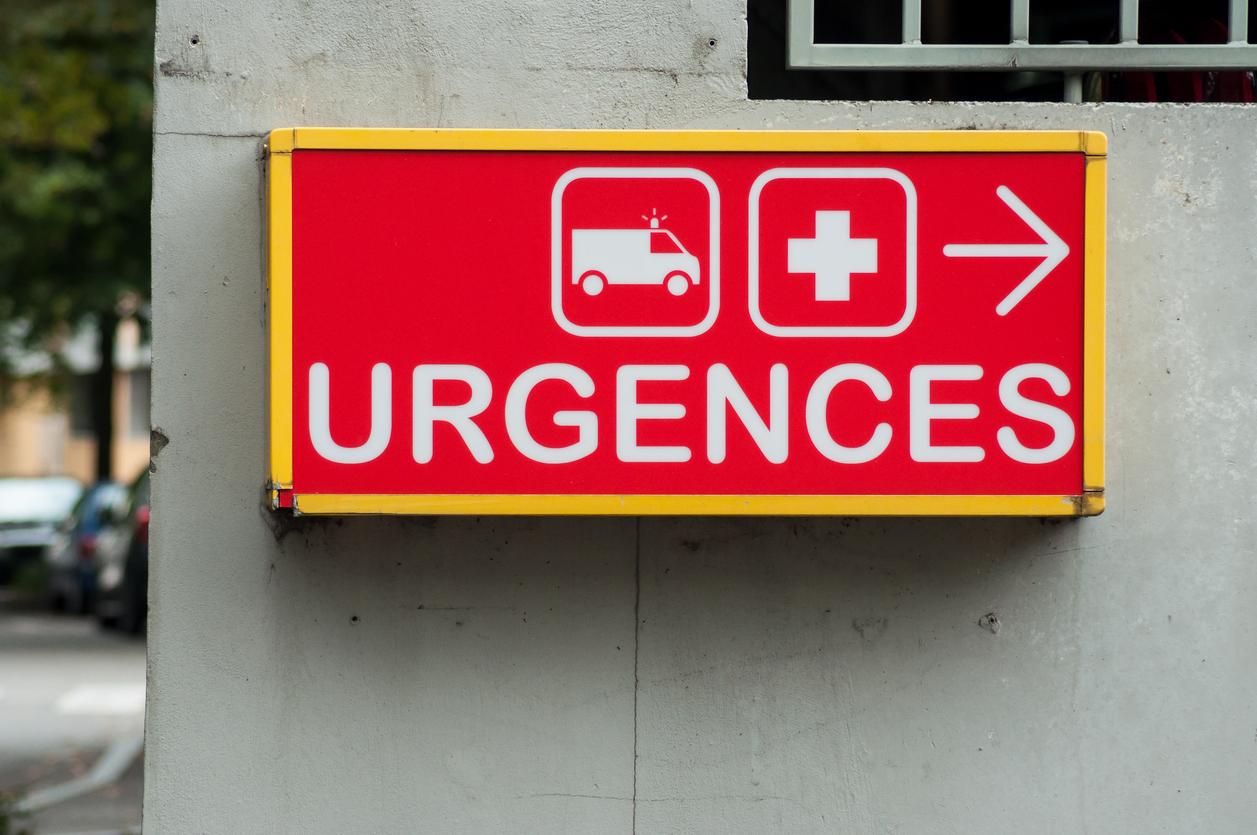The measure should have come into force in September 2021: because of the Covid-19 epidemic, it has only just been put in place. Since January 1, 2022, an “emergency patient package” (replacing the co-payment) has been billed to patients who are not hospitalized after a visit to the Emergency Department. This invoice amounts to 19.61 euros.
- Who must pay for this emergency patient package?
Very concretely, if you go to the emergency room and the consultation does not result in hospitalization, an invoice of 19.61 euros is issued. It is sent to your complementary health insurance and paid for by it if you have a “responsible” contract.
On the other hand, if you do not have a “responsible” contract (like around 5% of the French population), you must pay this bill out of your pocket. Good to know: most of the health contracts currently offered by insurance companies are responsible contracts.
- Are there exceptions?
Yes: the emergency patient package does not concern pregnant women, minors who are victims of sexual violence who come for treatment following the abuse suffered, nor organ donors who come for acts related to their donations, nor people who receive a disability pension, or patients with coronavirus.
In addition, the bill is reduced to 8.51 euros for patients who have along-term illness (ALD), for patients who benefit from the AT-MP (Work Accident-Professional Illness) scheme and for patients with less than two-thirds disability.
- Is it more interesting than the moderator ticket?
Questioned by our colleagues from France Interthe French Hospital Federation says yes: “today the rest to be paid is proportional to the heaviness of the care. If you just see the Emergency doctor for a simple medical consultation, the rest is 6.90 euros. On the other hand, if you have acts a little heavier like acts of biology, imagery, the remainder with load will be proportionate. (…) You don’t know how much you will pay when you go to the emergency room.“The emergency patient package is always the same, regardless of the examinations carried out.
Objective: to unclog emergency rooms
The goal? If it is of course a question of unclogging the emergencies, hoping that patients first go through city medicine rather than going to the hospital for emergencies which are not. But the government also hears “limit, for the patient, situations of very high out-of-pocket costs and improve the clarity of the costs of care and, for the establishments, simplify invoicing and improve collection“.
Read also :
- A report recommends the abandonment of the ALD system, reimbursed at 100%
- Dental care: how to pay less?
- What is “moderate” physical activity?


















